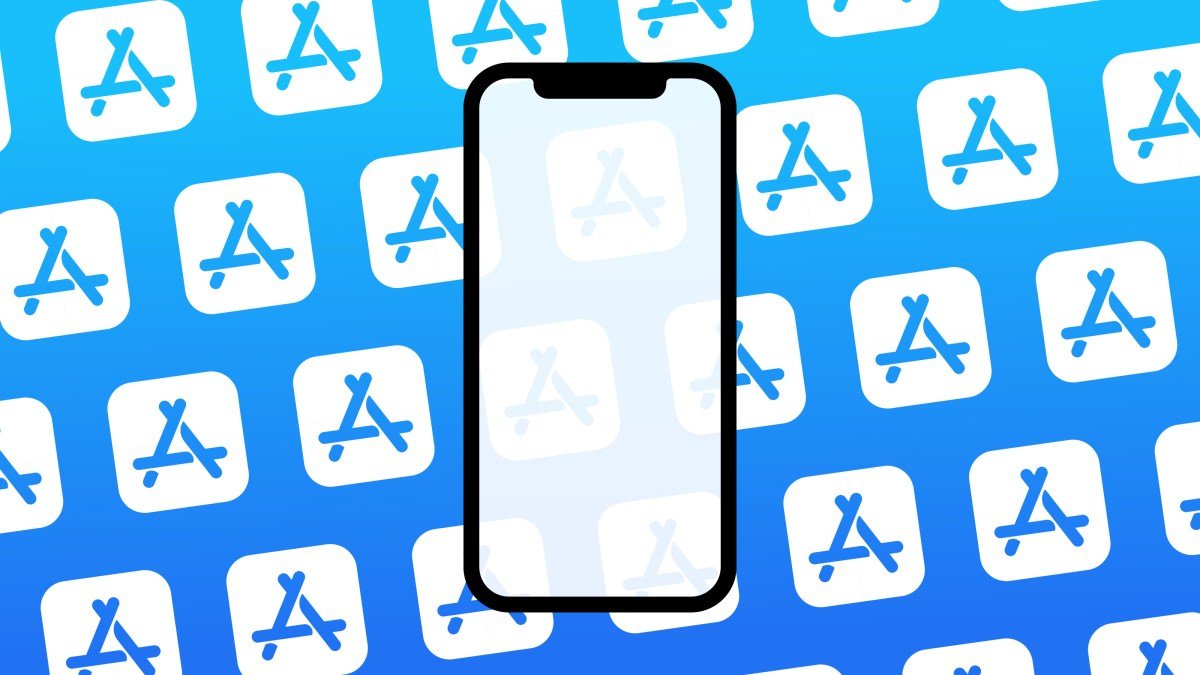In a major shift for Apple’s mobile ecosystem, the tech giant is now allowing web distribution for iOS apps targeting users in the European Union. This change, which goes into effect today, will give developers the option to offer direct downloads of their iPhone apps from their own websites to users in the EU. But this move also comes as a result of new regulations that Apple must adhere to under the bloc’s Digital Markets Act (DMA).
While Apple has traditionally maintained a “walled garden” approach, requiring all app revenue to go through its own App Store, this change will dismantle some of those walls in the EU. The DMA is aimed at creating a more level playing field for business users and protecting consumers from “Big Tech” dominance.
The company announced this move in March as part of its efforts to comply with the EU regulations. According to an Apple representative, developers will be able to access the new entitlement through beta 2 of iOS 17.5. However, they must first agree to Apple’s new EU business terms, which include a “core technology fee” of €0.50 for every first annual install over 1 million in the past 12 months. This fee applies regardless of where the apps are distributed. Developers who wish to avoid the fee can remain on the old business terms, but they will not have access to any of the DMA entitlements.
Other reforms driven by the DMA include more flexibility for in-app payments and a ban on anti-steering practices, which allows developers to inform users about cheaper offers available outside of Apple’s App Store.
“Apple’s criteria for developers wanting to distribute their software directly include being in good standing with its developer program, handling IP disputes and government requests, and providing customer service for iOS users. Developers must also ensure that apps distributed from their websites meet Apple’s notarization requirements to protect platform integrity.”
According to Apple, this is a baseline safety and security standard that users expect to protect their devices from external risks. The company maintains that sideloading apps poses inherent security risks for mobile users; therefore, steps must be taken to comply with the DMA while also protecting users from potential threats.
When a user tries to download an app from a developer’s website for the first time, they will be asked to authorize the developer to install apps directly on their device. This multi-step process requires users to go through the iOS settings menu and click “allow” on subsequent pop-ups to grant permission.
However, after this initial authorization, future direct downloads will involve fewer steps. According to Apple, this is a reasonable security measure permitted by the DMA to protect the platform. Critics, however, have referred to these authorization pop-ups as “scare screens,” accusing Apple of trying to discourage users from downloading apps outside of their App Store.
“The design of the follow-on flow that Apple showed during the briefing includes a screen notifying users that ‘updates and purchases in this app will be managed by the developer’, combined with a suggestion they ‘verify the information below before installing’–which is displayed above a card showing some basic app info and screenshots, as well as a link to see ‘more’ info.”
Despite the potential for increased flexibility and access for developers, it is unclear how much demand there will be for direct web distribution in the EU. Apple acknowledges that some developers have expressed interest in this option, but it remains to be seen how many will take advantage of it. The established option of App Store distribution is still available, and developers can now also request to distribute their apps through their own alternative store hosted on Apple’s platform.
As the EU continues to conduct investigations into various aspects of Apple’s DMA compliance, it remains to be seen if there will be any further changes or updates to the web distribution option. For now, the core technology fee stands and developers must comply with Apple’s criteria and notarization requirements to distribute their apps directly.








